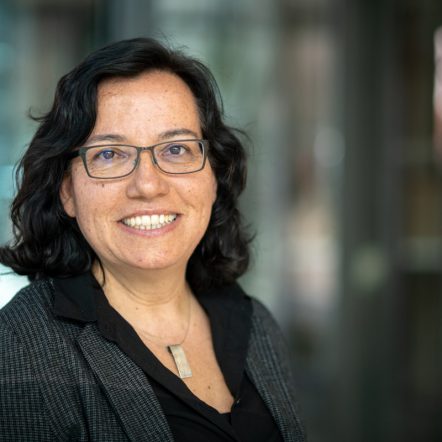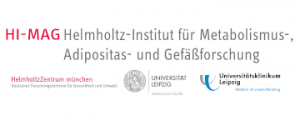Personal information
Escher, Beate I., Prof. Dr. sc. nat.
Department Chemicals in the Environment
Helmholtz Centre for Environmental Research – UFZ, Leipzig
Current position
Head of the Department of Cell Toxicology, UFZ
Professor of Environmental Toxicology, Eberhard Karls University Tübingen
Role within partner site
CITE*Pro platform; risk assessment of chemicals and their mixtures in the environment;
*stands for: Chemicals In The Environment;
Relevant work experience
Environmental chemist with focus on biological effects;
2014- Adjunct Professor at the Australian Rivers Institute, Griffith University, Gold Coast, Australia
2014- Honorary Professor at University of Queensland, Brisbane, Australia
2002- Lecturer (“Privatdozent”) at the Swiss Federal Institute of Technology ETH Zürich, Switzerland
Professional background
2002 Venia Legendi (Habilitation) in Environmental Chemistry and Ecotoxicology at the Swiss Federal Institute of Technology ETH Zürich, Switzerland
1995 Doctor of Natural Sciences (equivalent to PhD), Environmental Organic Chemistry, ETH Zürich, Switzerland
1990 Diplom (equivalent to Master of Science), Chemistry, University of Konstanz, Germany
Main research focus
Development of assessment tools and methodologies for risk assessment of micropollutants in the environment and in people; improvement of dosing and interpretation of high-throughput in vitro bioassays and runs the robotic bioassay platform CITEPro at UFZ, passive sampling of sediment and biota and effect-based methods for water quality assessment;
Publications
5 out of 245; WOS h-index 56
Escher BI et al (2020). Tracking complex mixtures of chemicals in our changing environment. Science 397:388–392.
Escher BI et al (2020). Cytotoxicity burst or baseline toxicity? Differentiating specific from nonspecific effects in reporter gene assays. Environ Health Perspect 128:77007. doi: 10.1289/EHP6664.
Leppert B, …, Escher BI et al (2020). Maternal paraben exposure triggers childhood overweight development. Nat Commun 11:561. doi: 10.1038/s41467-019-14202-1.
Procházka E, …, Escher BI et al (2019). Global transcriptional analysis of nontransformed human intestinal epithelial cells (FHs 74 Int) after exposure to selected drinking water disinfection by-products. Environ Health Perspect 127:117006. doi: 10.1289/EHP4945.
Escher BI et al (2017). From the exposome to mechanistic understanding of chemical-induced adverse effects. Environ Int 99:97–106.
Additional information
Editor: Reviewing Editor for Science (2020), Associate Editor of the Journal Environmental Science and Technology (2012–2020) and of the Journal of Environmental Monitoring (2012–2013; 2008–2011 Editorial Board Member);
Societies: Member of the German Council of Science and Humanities (Wissenschaftsrat) advising German Federal and State Governments on the structure and development of higher education and research, appointed by the German President (2018–2020), Steering Committee Member of the SETAC FTM „High Throughput Screening and Environmental Risk Assessment State of the Science and Emerging Applications“ Durham, NC, USA (2018);
Awards: Australian Water Association National Research Innovation Award (2018, 2013) and Queensland Water Research Merit Award (2012), Australian Research Council Future Fellowship (2011–2014), PhD thesis awarded a medal from ETH Zürich (1996);
Committees: Member of the Commission of Ecotoxicology of the Swiss Federal Office of the Environment (2001–2011), Coordinator of the Action Field „Chemicals and their effects in water“, Eawag, Switzerland (2005–2007);








